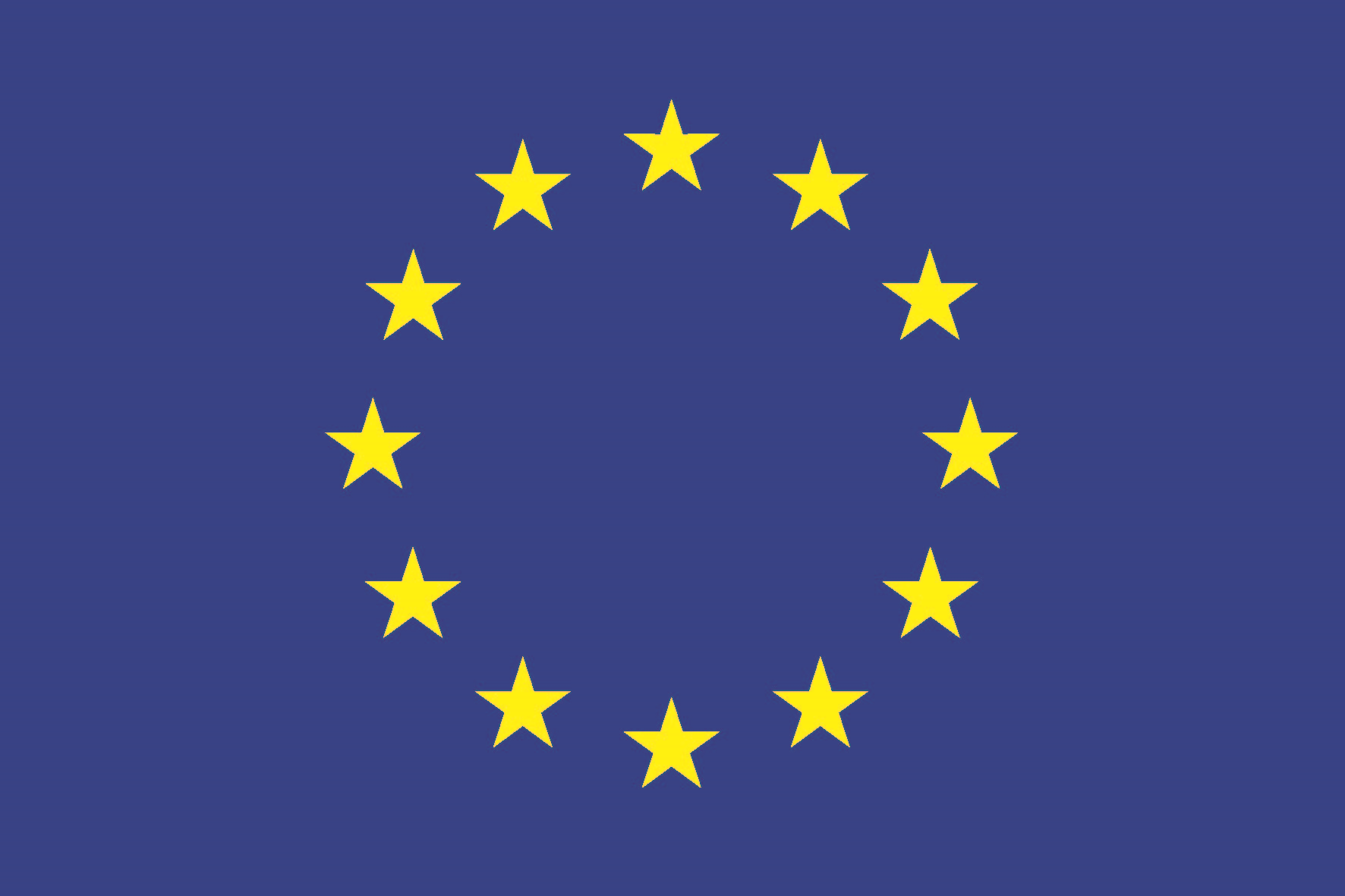SPAIN

SPAIN - SUMMARY OF POLICIES AND LEGISLATION FOR FOOD WASTE PREVENTION AND REDUCTION
In Spain, households waste 18% of their food, which is equivalent to 2.9 million tonnes of food every year, or 11 billion Euros. This impressive figure is understimated by Spanish consumers, who estimated a food waste percentage of 4%. This figure, which is 4.5 times less than the reality shows a genuine lack of nataional awareness of food waste.
Spain still maintains very high rates of landfilling, surpassing 50% of MSW generated in 2010. Nevertheless, this Member State has been successful in meeting the targets set by the EU Landfill Directive of BMW diversion from landfills in 2006 and 2009. Recycling has improved the last 10 years, showing an increase of more that 10% from 21% in 2001, to 33% in 2010. Despite this progress, an extraordinary effort is still required if Spain hopes to meet the 50% target of the Waste Framework Directive by 2020.
The first and second National Municipal Solid Waste Management Plans (for the periods 2000- 2006 and 2008-2015 respectively) have been instrumental in the development of MSW recycling by introducing several initiatives, from separate collection of recyclables to upgrading recycling facilities, and many more.
Figure 1. Spain’s policy mix at December 2014
* The target is for Catalonia and not for the entire nation.
The landfill tax, which was adopted by most of the highly populated regions of Spain, contributed to the diversion of MSW from landfills and the recovery of material resources through recycling.
Although a national plan on food waste reduction exists, the region of Catalonia has its own regional plan on food waste reduction. This regional plan ambitiously sets a target to halve 2010’s food wastage quantities in the retail, hospitality, restoration and households by the end of 2020 and to set a food waste reduction objective for the agro-food industry and wholesalers before the end of 2016.
Spain additionally has two voluntary agreements in place: the first, "Feeding implies no waste, use it all!" (La alimentación no tiene desperdicio, aprovéchala!), is a voluntary agreement put on by producers and retailers with the aim of introducing “soft” measures to study and reduce food waste. The second agreement, "Stop wasting food" (Manifiesto “basta de despilfarrar alimentos”) is promoted by a Spanish NGO with the backing of different actors along the food supply chain and also by individuals.
The Spanish government has also developed education programmes in schools to reduce food waste and foster awareness about the causes and impacts of food waste.
Download the full country report and send us your comments.
REFERENCES
A) NATIONAL STRATEGIES AND PLANS
More food less wastage (Mas alimento, menos despercio)- Spain (in Spanish)
Available from: http://www.magrama.gob.es/es/alimentacion/temas/estrategia-mas-alimento-menos-desperdicio/
Waste & Resource General Program 2013-2020 - Catalunia
B) MARKET-BASED INSTRUMENTS
Municipal Waste disposal and incineration taxes (in Spanish)
Available from: http://www20.gencat.cat/portal/site/arc
C) REGULATORY INSTRUMENT OR REGULATIONS TRADING SCHEME
Ley 22/2011, de 28 de Julio 2011, de residuos y suelos contaminados. (Spain) (in Spanish)
Law 22/2011 of the 28th of July 2011, on waste and contaminated soils
Available from: http://www.boe.es/boe/dias/2011/07/29/pdfs/BOE-A-2011-13046.pdf
DECRET LEGISLATIU 1/2009, de 21 de juliol, pel qual s’aprova el Text refós de la Llei reguladora dels residus (in Spanish)
Legislative Decree 1/2009 of the 21st of July: approval of the regulatory text on waste (in Spanish)
Available from: http://www.meu.cat/decret%201%202009.pdf
D) VOLUNTARY AGREEMENT
Feeding implies no waste, use it all! (La alimentación no tiene desperdicio, aprovéchala!) (in Spanish)
Available from: http://www.aecoc.es/download.php?id_doc=24143&id=DOSSIER%20PRENSA%20DESPERDICIO%20ALIMENT.pdf&folder=documento_socio
Stop wasting food (Manifiesto “basta de despilfarrar alimentos” ) (in Spanish)
Available from: http://aprofitemelsaliments.wordpress.com/manifesto/
E) RESEARCH AND TECHNICAL REPORTS
Agència de Residus de Catalunya (ARC) (ed.) (2012) Diagnosi del malbaratament alimentary a Catalunya. ARC. (in Spanish)
ALBAL (2012) Estudio Save Food.
HISPACOOP (ed.) (2012) Estudio sobre el estudio dels desperdicio de alimentos en los hogares. HISPACOOP. (in Spanish)
Ministerio de Agricultura, Alimentacion y Medio Ambiente (MAGRAMA) (Ed.) (2014) Resumen ejecutivo del estudio sobre pérdidas y desperdicio de alimentos en la producción agrícola. MAGRAMA. (in Spanish)
Ministerio de Agricultura, Alimentacion y Medio Ambiente (MAGRAMA) (Ed.) (2014) Resumen ejecutivo del estudio sobre pérdidas y desperdicio de alimentos en la industria alimentaria. MAGRAMA (in Spanish)
Ministerio de Agricultura, Alimentacion y Medio Ambiente (MAGRAMA) (Ed.) (2014) Estudio monográfico sobre el desperdicio alimentario del Barómetro del Clima de confianza del sector agroalimentario. MAGRAMA (in Spanish)
All the previous information can be found here:
Available from: http://www.magrama.gob.es/es/alimentacion/temas/estrategia-mas-alimento-menos-desperdicio/enespana.aspx
F) COMMUNICATION AND CAMPAIGNS
De menjar no en llencem ni mica (in Spanish)
Available from: http://nollencemnimica.wordpress.com
Prou malbaratar aliements (in Spanish)
Available from: http://www.gencat.cat/salut/acsa/html/ca/dir3633/
G) PROJECTS AND OTHER MEASURES
The Educational Dept of the Catalan Generalitat has a web page to push food waste prevention in educationa centres. (in Spanish)
Available from: http://www.gencat.cat/salut/acsa/html/ca/dir3660/doc35766.html
All links cited in the references have been accessed for the last time on October 27, 2015.

 Copyright © 2016 | EU FUSIONS |
Copyright © 2016 | EU FUSIONS |